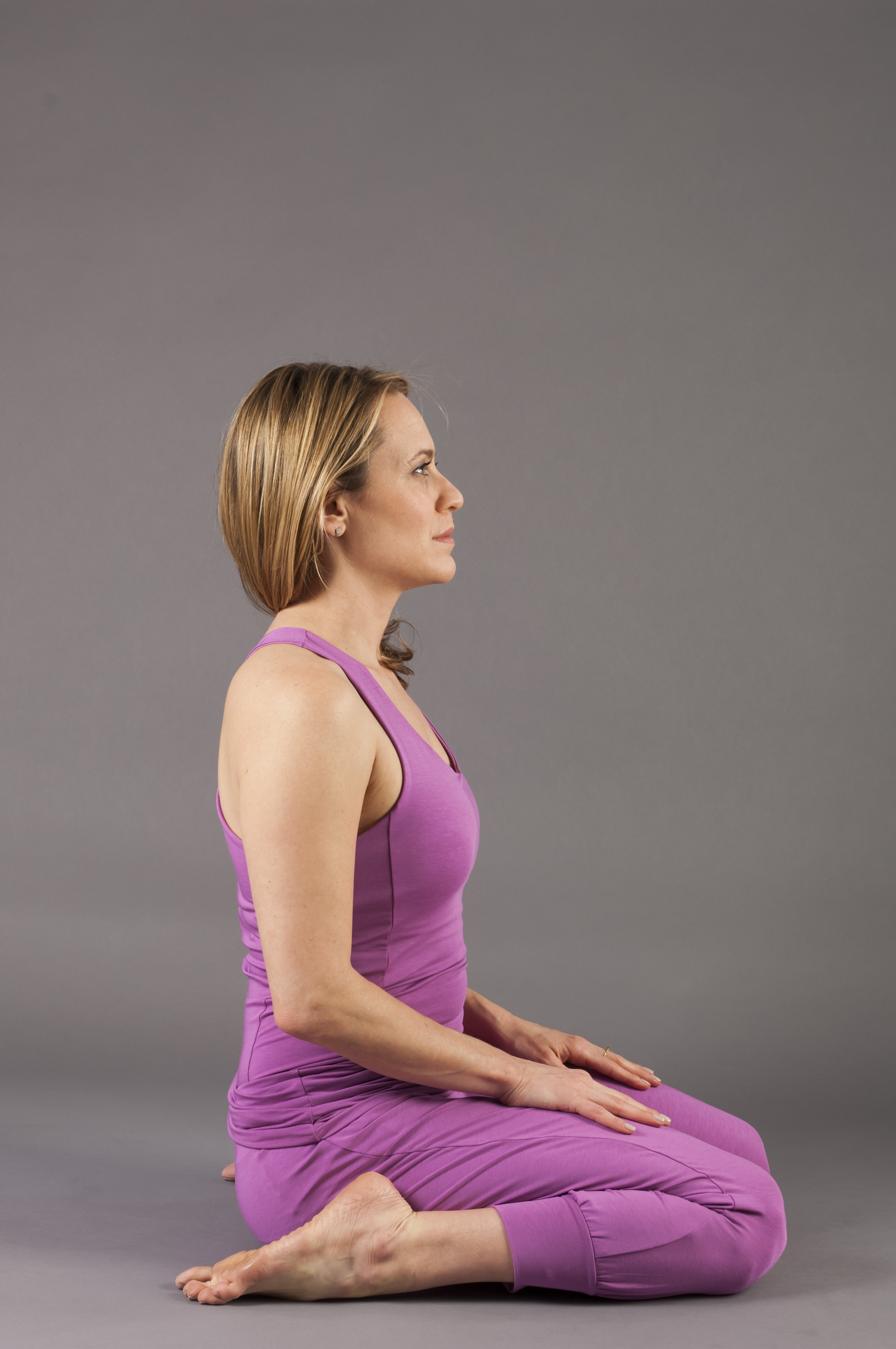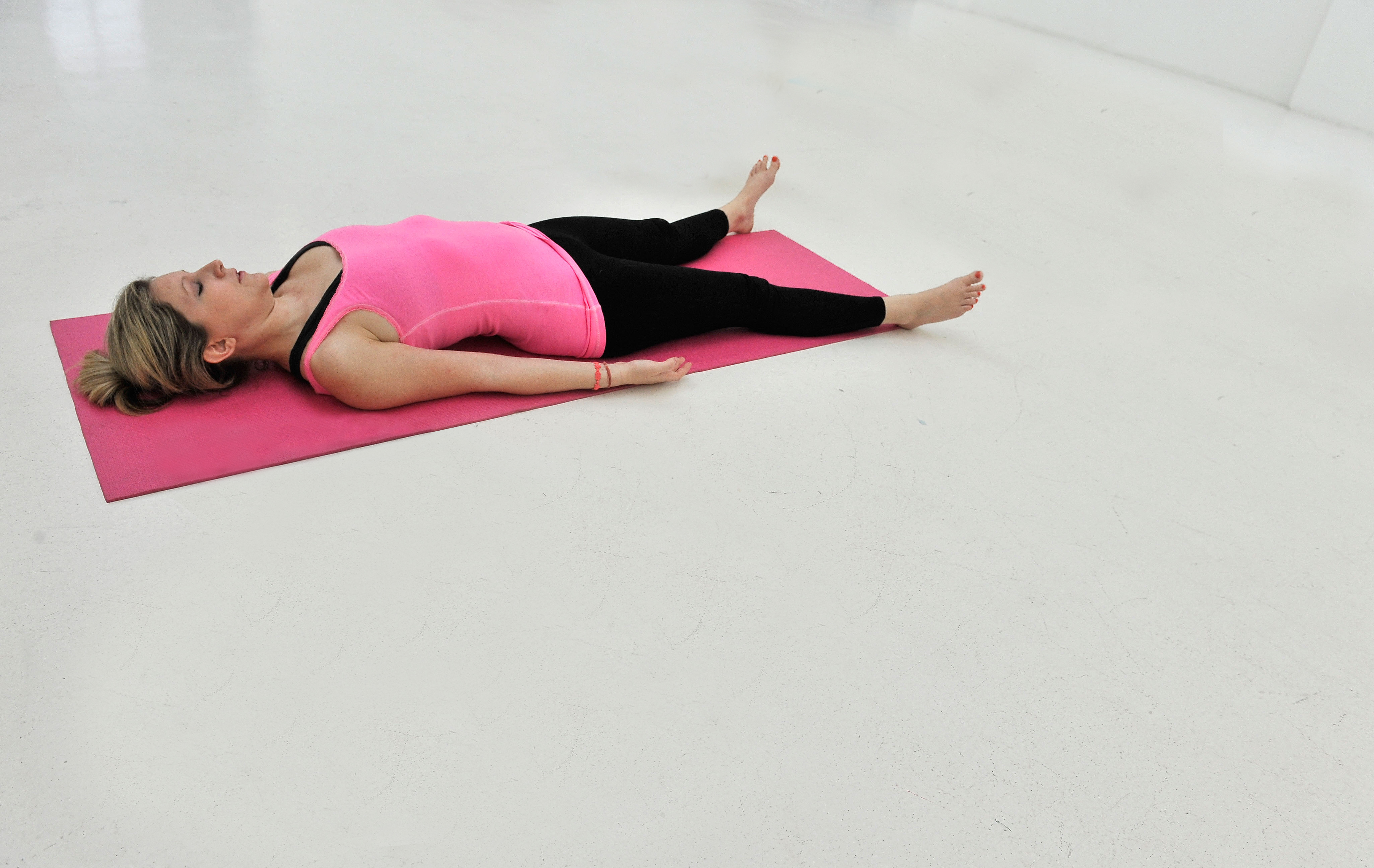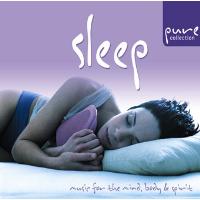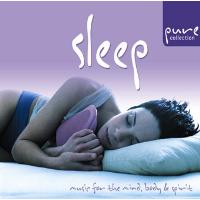London: Women are grumpier than men in the morning. They are not only grumpier more often than men but they are grumpier for longer, according to a new survey from the UK’s Sleep Council.
It reports that 24% of men say they never wake up in a bad mood as opposed to only 14% of women. The fairer sex is also more likely to stay grumpier for longer with 13% of them staying in a bad mood for two to four hours (men 10%). The survey, published ahead of National Sleep In Day on October 29 the day the clocks go back and we all get an extra hour in bed found 41% of us believe lack of sleep is the main reason for grumpiness in the morning.
As men appear to sleep better than women (15% get a good seven nights
sleep a week as opposed to only 9% of women), perhaps its not surprising that more women than men get out of bed on the wrong side, says Jessica Alexander of The Sleep Council.
Overall nearly one in five of the population (18%) say they never really get a good nights sleep: and techniques for doing so show a male/female split too. A worrying one in five men use a stiff drink (18%) and/ or sex (19%) to get off to sleep while women are more likely to read (57%), take a hot bath (28%) or have a sleeping pill (7%). A quarter (24%) of those questioned cited general stress and worry as a reason for early morning moodiness while 15% couldnt face climbing out of a cosy, comfortable bed.
The comfort of a bed was quite a significant factor in these results, says Jessica Alexander. Because while many people find it hard to tear themselves out of a comfortable bed in the morning, another 10% of participants cited a bad bed as a reason for poor sleep. Clearly these people either need to replace their bed more often or pay more for something in which they spend a third of their lives.
The over 45 age-group fares worst of all in the sleep starvation stakes with a massive 44% saying they never get a good nights sleep. Could this be connected to the fact they are the most likely people to have teenagers?And teenagers are the moodiest of all with 25% staying so for up to four hours.
There are clear regional differences too with London home to Great Britains Grumpiest: a whopping 19% maintain a bad mood for two to four hours while Northern Ireland leads the way in sheer numbers. More than a third (35%) of respondents here feel crabby for the first hour or so after waking. Worst areas for bad sleepers are Yorkshire and the North East where only 6.8% and 6.7% get seven nights of good sleep. In the South East and East, people get twice as much good sleep with 14% enjoying seven sound nights
sleep.
In London, 27% believe that when they wake up in a bad mood, stress is the most likely cause, says Jessica. This is interesting because Londoners, along with the rest of the South East, generally tend to be better sleepers. The fact that 18% of people in the North East never feel at their best compared to 7% in London represents a huge regional difference. We suspect the souths better sleep patterns may be linked to greater wealth, better diet, more exercise perhaps even higher spending on beds.
Londoners also exercise most in the morning to get their day off to a good start while North Westerners are the swiftest at getting ready for work more than a third (35%) do so in just 10 20 minutes. In Scotland they check their emails more than anywhere else and in the South West they ensure the house is spick and span before they leave.
Which brings us right back round to why women are the grumpier sex in the morning, says Jessica. Our survey showed that 28% of them as opposed to only 5% of men do any housekeeping before going to work. It also tends to be them that prepares the breakfast, spends time with the children, check their emails and attend to their beauty regime. Women far outweigh men in having a busy and packed morning.
So what do men do? Apparently just get up and go out: 17% of them spend only 10 minutes on their wake up and get out routine.
Said Jessica: As a nation we are simply not taking time in the morning to exercise, chat to the kids, our partners or even our pets. This would suggest that people dont have the time in the morning to do this because they are probably going to bed too late at night, sleeping in too late and not achieving the quality of sleep they need to feel and perform at their best. One in 10 people told us they are never at their best in the morning but the cure to that isnt rocket science. Its about good diet, good exercise, and good sleep in a good bed.
REGIONAL RESULTS: East 14% never get a really decent sleep in a typical week 52% blame stress/worry for the reason they have trouble sleeping 19% blame their partners snoring for the reason they have trouble sleeping
15% blame back pain for the reason they have trouble sleeping 14% blame having to climb out of a cosy, comfortable bed for feeling grumpy
42% find reading helps them to get to sleep 13% list sex as a technique to get to sleep 11% find having a stiff drink helps them to get to sleep London 13% never get a really decent sleep in a typical week 63% blame stress/worry for the reason they have trouble sleeping 26% blame their partners snoring for the reason they have trouble sleeping
13% blame back pain for the reason they have trouble sleeping 16% blame having to climb out of a cosy, comfortable bed for feeling grumpy
54% find reading helps them to get to sleep 19% list sex as a technique to get to sleep 13% find having a stiff drink helps them to get to sleep Midlands 20% never get a really decent sleep in a typical week 58% blame stress/worry for the reason they have trouble sleeping 21% blame their partners snoring for the reason they have trouble sleeping
14% blame back pain for the reason they have trouble sleeping 17% blame having to climb out of a cosy, comfortable bed for feeling grumpy
48% find reading helps them to get to sleep 15% list sex as a technique to get to sleep 14% find having a stiff drink helps them to get to sleep North East 21% never get a really decent sleep in a typical week 63% blame stress/worry for the reason they have trouble sleeping 30% blame their partners snoring for the reason they have trouble sleeping
25% blame back pain for the reason they have trouble sleeping 15% blame having to climb out of a cosy, comfortable bed for feeling grumpy
48% find reading helps them to get to sleep 15% list sex as a technique to get to sleep 8% find having a stiff drink helps them to get to sleep North West 17% never get a really decent sleep in a typical week 56% blame stress/worry for the reason they have trouble sleeping 21% blame their partners snoring for the reason they have trouble sleeping
18% blame back pain for the reason they have trouble sleeping 15% blame having to climb out of a cosy, comfortable bed for feeling grumpy
48% find reading helps them to get to sleep 11% list sex as a technique to get to sleep 13% find having a stiff drink helps them to get to sleep Northern Ireland 17% never get a really decent sleep in a typical week 69% blame stress/worry for the reason they have trouble sleeping 21% blame their partners snoring for the reason they have trouble sleeping
17% blame back pain for the reason they have trouble sleeping 14% blame having to climb out of a cosy, comfortable bed for feeling grumpy
59% find reading helps them to get to sleep 7% list sex as a technique to get to sleep 10% find having a stiff drink helps them to get to sleep Scotland 22% never get a really decent sleep in a typical week 48% blame stress/worry for the reason they have trouble sleeping 18% blame their partners snoring for the reason they have trouble sleeping
15% blame back pain for the reason they have trouble sleeping 14% blame having to climb out of a cosy, comfortable bed for feeling grumpy
51% find reading helps them to get to sleep 13% list sex as a technique to get to sleep 9% find having a stiff drink helps them to get to sleep South East 17% never get a really decent sleep in a typical week 55% blame stress/worry for the reason they have trouble sleeping 26% blame their partners snoring for the reason they have trouble sleeping
14% blame back pain for the reason they have trouble sleeping 15% blame having to climb out of a cosy, comfortable bed for feeling grumpy
53% find reading helps them to get to sleep 17% list sex as a technique to get to sleep 15% find having a stiff drink helps them to get to sleep South West 21% never get a really decent sleep in a typical week 59% blame stress/worry for the reason they have trouble sleeping 30% blame their partners snoring for the reason they have trouble sleeping
19% blame back pain for the reason they have trouble sleeping 12% blame having to climb out of a cosy, comfortable bed for feeling grumpy
43% find reading helps them to get to sleep 16% list sex as a technique to get to sleep 13% find having a stiff drink helps them to get to sleep Wales 24% never get a really decent sleep in a typical week 54% blame stress/worry for the reason they have trouble sleeping 16% blame their partners snoring for the reason they have trouble sleeping
13% blame back pain for the reason they have trouble sleeping 13% blame having to climb out of a cosy, comfortable bed for feeling grumpy
52% find reading helps them to get to sleep 11% list sex as a technique to get to sleep 17% find having a stiff drink helps them to get to sleep Yorkshire 22% never get a really decent sleep in a typical week 53% blame stress/worry for the reason they have trouble sleeping 25% blame their partners snoring for the reason they have trouble sleeping
15% blame back pain for the reason they have trouble sleeping 18% blame having to climb out of a cosy, comfortable bed for feeling grumpy
46% find reading helps them to get to sleep 13% list sex as a technique to get to sleep 19% find having a stiff drink helps them to get to sleep.
The Sleep Councils Grumpy Old Women survey was conducted online by Tickbox between October 2nd and 11th 2006 with a sample base of 2105. The Sleep Council is a generic body that aims to: Raise awareness of the importance of a good nights sleep to health
and wellbeing. Provide helpful advice and tips on how to improve sleep quality. Provide helpful advice on choosing the right bed for optimum
sleeping comfort.
The Sleep Council is funded by the National Bed Federation, the trade association for British bed manufacturers. The Sleep Council, High Corn Mill, Chapel Hill, Skipton, BD23 1NL UK Tel:
01756 791089. Web. www.sleepcouncil.com











